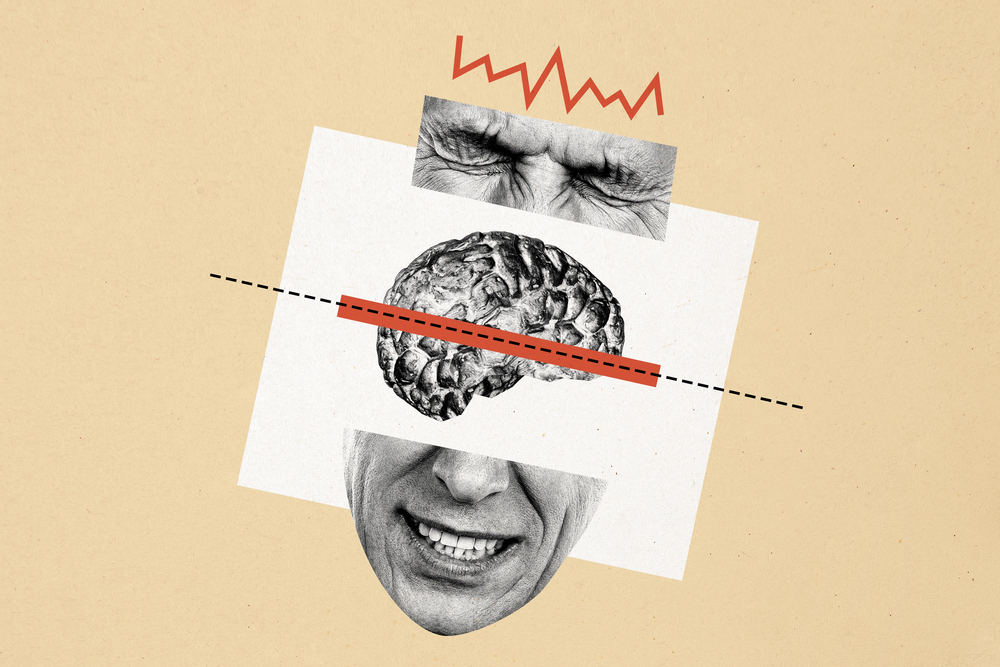In a recent article published in Frontiers in Psychology, Sabina Wantoch, an associate lecturer at University College London, argues that biomedical approaches to anomalous experience overlook the social and relational dimensions of reality. When psychiatry reduces such experiences to isolated brain events, it risks undermining the fragile sense of shared world that makes reality feel real.
“The detachment or breakdown of habitual trust,” she writes, “means that ‘reality’ will feel different, and what is perceived or seems like perception will also feel different.”
Wantoch contends that dominant clinical practices, by dismissing the intersubjective nature of perception, may play a role in deepening the very alienation they seek to treat.
















Hi. Rarely bother, but more specifically if not under other exigency by facades, the real problem is a flimflam of shovels and workwear in the guises from attntion and profession professings’-corral-in-repute-from-attrition at their enemies upon any patients having to hsve had existences which theyd have no individual loyalty buyt have social plural needs of intermediatings’ representations they ca pick n choose between attention as combining potentiation/placebo with very real effects drugs have in less wary insistences upon drug due over attentive cargo experiences.
Report comment
Yes of course it furthers “alienation”!
And — the question of “What is Reality?” is a deep and profound question that has not been answered by Psychiatry. That answer needs to be answered first before condemning someone to being “not in touch with reality.”
Report comment
The best ‘definition’ of reality I’ve ever heard was from a health teacher in college. She said that “Your perception is your reality. At the same time, we do Not define other people’s realities.” I’ve thought about that many times over the years since I first heard it and I do agree with it. Don’t let someone else define your reality.
Report comment
“’What is Reality?’ is a deep and profound question that has not been answered by Psychiatry. That answer needs to be answered first before condemning someone to being ‘not in touch with reality.’”
Good point, Consciousness. I like your pseudonym, by the way.
“Your perception is your reality. At the same time, we do Not define other people’s realities.” I agree, that’s a pretty good definition of reality. “… Don’t let someone else define your reality.”
But that is exactly what, I think it was all, of the “mental health professionals” that I’ve had the misfortune of interacting with did, or tried to do … you should read the thievery/conservatorship contract a psychologist handed me. Talk about a control freak nut job!
And what was even sicker was he had hacked into my computer, and was literally following me on the internet for years (after I’d reported him to the police once), talk about the epitome of creepy … not to mention downright criminal. Plus, Google told me he had set up a website, utilizing my name and one of my emails, apparently so he could try to gaslight me from within my own computer, and rewrite my life’s story, I would imagine? Creepy!
MiA, “This content is restricted to buyers of .”??? Is there more?
Report comment
Exactly. My reality cannot be the same as yours. Even if i had a 99.9% identical twin (or a 100% identical, were such possible… apparently there are reaaons why not) she would see/ hear the world differenly than me – so there IS no definition of “NORMAL” – apart from the average of a whole bunch of ABNORMALS – what the HELL are psychiatrists trying to achieve? They have more POWER than they can handle – and they never EVER say anything GOOD about anyone, and have never “cured” anyone.. Oh but the trail of destruction the trail of destruction… When will it end? When shall we see a turning point? At least Mad In America does highlight some Good News stories like stars in the darkness, those survivors have horrendous stories to tell – while it is good to know survival IS possible, am i being overly ambitious when i say – i look to the day when a few “surviving mental illness” stories start to filter through which are NOT prefaced by accounts of years/ decades/ lifetimes WASTED in Fear of psychiatrists/ forced drugging/ involuntary comnittal/ abandonment by loved ones who despaired of one’s recovery… I look to the day when “Good News” stories will abound – about things like personalized, individualized care-plans – where treating patients with Compassion and Dignity is COMPULSORY and not just an “optional extra” …. oh dream on! dream on!
Report comment
It’s a kind of mass brainwashing — enforced by the drugs. Because withdrawal from the drugs can look like “mental illness” but are actually withdrawal symptoms, doctors and patients can become more convinced that they need the drugs. It is so very dark.
Report comment